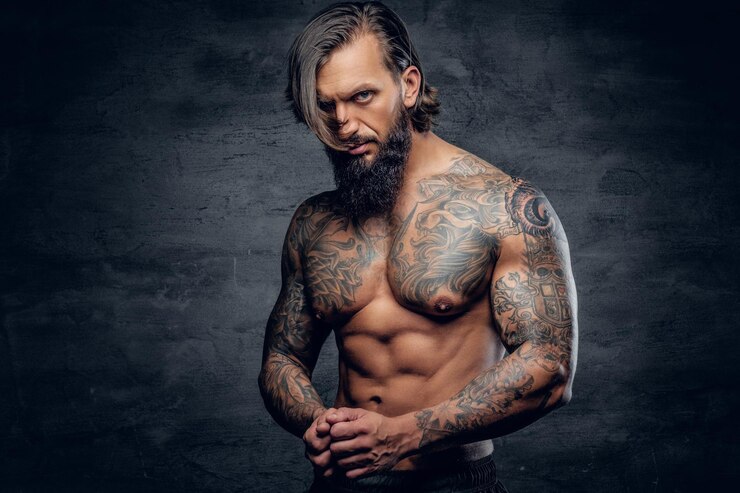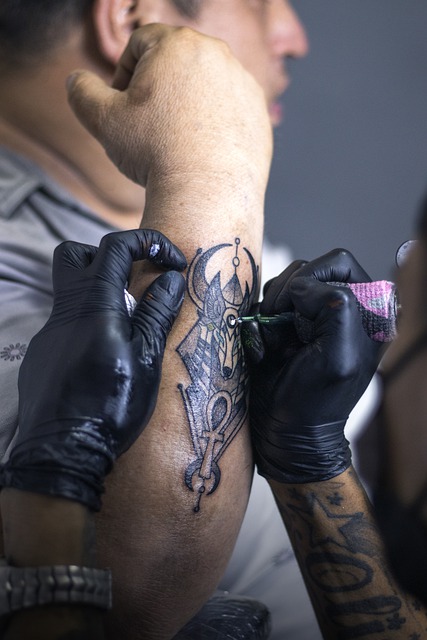Tattoos have become increasingly popular in recent years. However, myths and misconceptions still surround this form of body art. In this article, we will debunk 13 common myths about tattoos to help you better understand the truth about this unique and meaningful form of self-expression.
Introduction
Tattoos have become more mainstream in recent years, but many myths still persist. By debunking these myths, we can better understand the truth about tattoos and appreciate this art form for what it is.
Myth 1: Tattoos are only for criminals and rebels
This myth likely comes from the association of tattoos with gangs and criminal activity in the past. However, tattoos today are popular among all kinds of people, including professionals, athletes, and artists. Tattoos can represent anything from personal beliefs and values to cultural traditions and artistic expression.
Myth 2: Tattoos are a sign of mental illness
This myth comes from the belief that people with mental illness engage in impulsive behaviors, including getting tattoos. However, research shows that getting a tattoo can actually have a positive impact on mental health, helping to reduce symptoms of anxiety and depression.
Myth 3: Tattoos are permanent
While tattoos are intended to be permanent, there are factors that can affect their longevity. For example, the placement of the tattoo, the quality of the ink, and the skill of the tattoo artist can all impact how long a tattoo lasts. There are also options for tattoo removal, although they can be expensive and time-consuming.
Myth 4: Tattoos are always painful
While getting a tattoo can be uncomfortable, the level of pain varies depending on the location of the tattoo and an individual’s pain tolerance. There are also ways to manage tattoo pain, such as taking breaks during the session and using numbing creams.
Myth 5: Tattoos are unprofessional
This myth comes from outdated beliefs about tattoos in the workplace. However, tattoos are becoming more accepted in professional settings, with many successful professionals sporting tattoos. It’s important to choose a tattoo that is appropriate for your workplace and that can be easily covered if necessary.
Myth 6: Tattoos are only for the young
Tattoos are becoming increasingly popular among older generations. People of all ages get tattoos for many reasons, including personal significance and cultural tradition. Age can also affect the placement and design of tattoos.
Myth 7: Tattoos are unsanitary
Reputable tattoo artists take great care to maintain a clean and sterile environment during the tattooing process. However, there are risks associated with unsanitary tattoo practices, such as infections and allergic reactions. It’s important to choose a reputable tattoo artist and to follow proper aftercare procedures.
Myth 8: Tattoos are only for the wealthy
The cost of a tattoo depends on several factors, including the size, complexity, and location of the tattoo. While tattoos can be expensive, there are ways to budget for them, such as saving up over time or choosing a simpler design.
Myth 9: Tattoos are only for certain genders
Tattoos are for everyone, regardless of gender. There are many gender-neutral tattoo designs, and the meaning behind a tattoo is personal to the individual.
Myth 10: Tattoos fade quickly
Tattoos are intended to be permanent, but they will naturally fade over time. However, proper aftercare and protection from the sun can help prevent fading and keep a tattoo looking fresh.
Myth 11: Tattoos are only for certain body types
Tattoos can be designed to flatter any body type. The placement and design of a tattoo can help enhance or draw attention to certain features. It’s important to work with a tattoo artist


